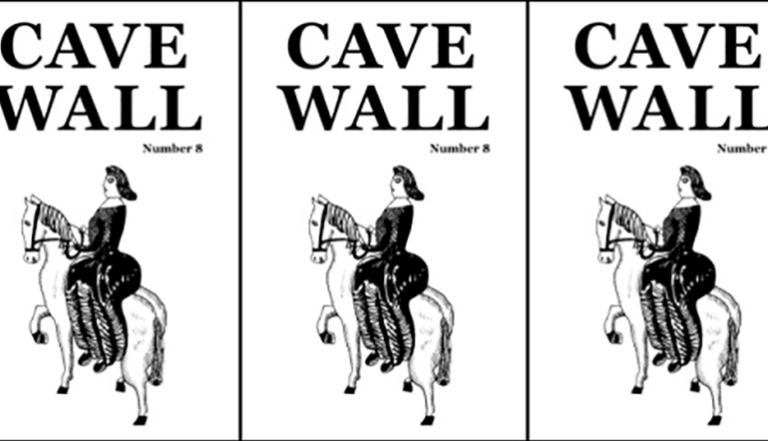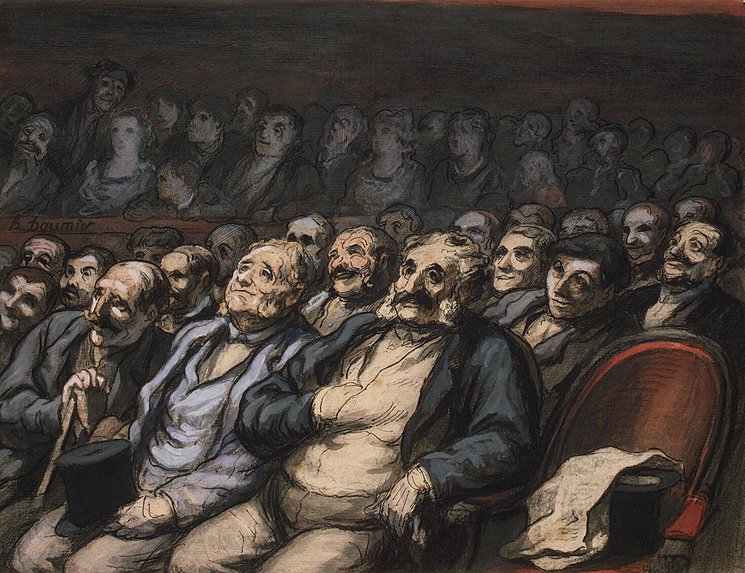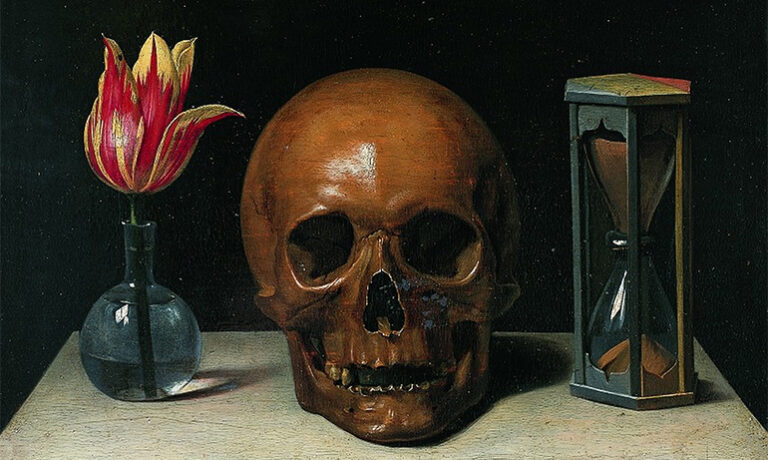The Best Story I Read in a Lit Mag This Week: “Come to Bratislava!” by Benjamin Reed
I knew I was into Benjamin Reed’s story “Come to Bratislava!” in Big Fiction when the main character, a forty-three year old man named Edgar, makes an observation about the phrase “You are my rock.”
I’ve never liked this way of articulating someone’s importance and essentiality—hearing it uttered usually prompts an eye roll from me. The phrase is shorthand, and that I understand, but I find it irritating anyway. Still, I wasn’t ever able to put my finger on what about it I found grating.
And now I don’t need to because Reed has done it for me. In an early scene in the story, Edgar visits Naama, the employee he’s hired to help him run his rare-book store and the woman he likes: “‘You’re my rock,’ he’d say [to Naama], hoping she’d know he wasn’t joking, hoping also that she wouldn’t force him to elaborate. He could only imagine that she wanted more than to be someone’s heavy, reliable stone.”
Reed nails it—of course we all want to be more than a sure thing, an object used by another person to feel calm and grounded. Who wants to spend too much time around someone who reduces other people—especially those they claim to need—down to an object? (On my first read-through I jotted down in the margin, “YES. This makes me absolutely love this story.” Hey—you all know how I am with my margin notes.)
Not all writers quite get to me the way Reed does here. The insight he allows Edgar turns Edgar into a convincing character and does what all fiction hopes to do: it shows us a truth about the world that we’ve felt but haven’t yet been able to articulate.
And so this is how we’re introduced to Edgar, the middle-aged rare-book seller whose anxiety warps his perception of self and dictates how he navigates his entire life.
In “Come to Bratislava!” Edgar spends the night with Naama for the first time before heading off to Košice to determine if a manuscript found in a woman’s attic was indeed written by Bruno Schulz, a Jewish writer murdered by the Nazis. There, he meets with Mira, a young woman who claims the photocopied pages in her bag are the read deal, and Edgar quickly gets himself into a difficult situation.
Much of the story is concerned with the question of authenticity—of texts, of romantic intention, and most importantly, of self. The inauthenticity of some things is easy enough for Edgar to ferret out, and part of the story’s tension comes from how he extracts himself from the bar where he meets Mira and then later, from Košice altogether.
But if “Come to Bratislava!” were only about how a man in a foreign country deals with angry, dangerous forgers, then the story would lose emotional charge—because Edgar might be able to leave Slovakia, but he can’t escape himself and the reality of his life as it exists back in New York.
Edgar questions everything, not in order to learn but instead to search out reassurance. He’s sincere (if not a little bit exhausting), but his sincerity doesn’t necessarily allow him to get any closer to self-discovery or change. Instead, Reed places Edgar into the perfect situation, one that forces him to confront his shortcomings and to come to terms with what governs his impulses, allowing us to see this character’s life shift and change in surprising ways.
Head over to Big Fiction and check them out if you haven’t already. The journal publishes only longer stories, which is refreshing since there are so many homes now for flash and short shorts. As a writer who can, uh, go on for a while, and a reader who likes to settle in and invest time in a story, I love and appreciate their mission to publish only longer work. You can snag a copy of Issue 5 here.
“The Best Story I Read in a Lit Mag This Week” is a series focused on—you guessed it—great pieces of fiction in recent issues of literary journals. Have a journal you think I should check out? Tell me about it in the comments or shoot me an email at lymreese at gmail dot com.


